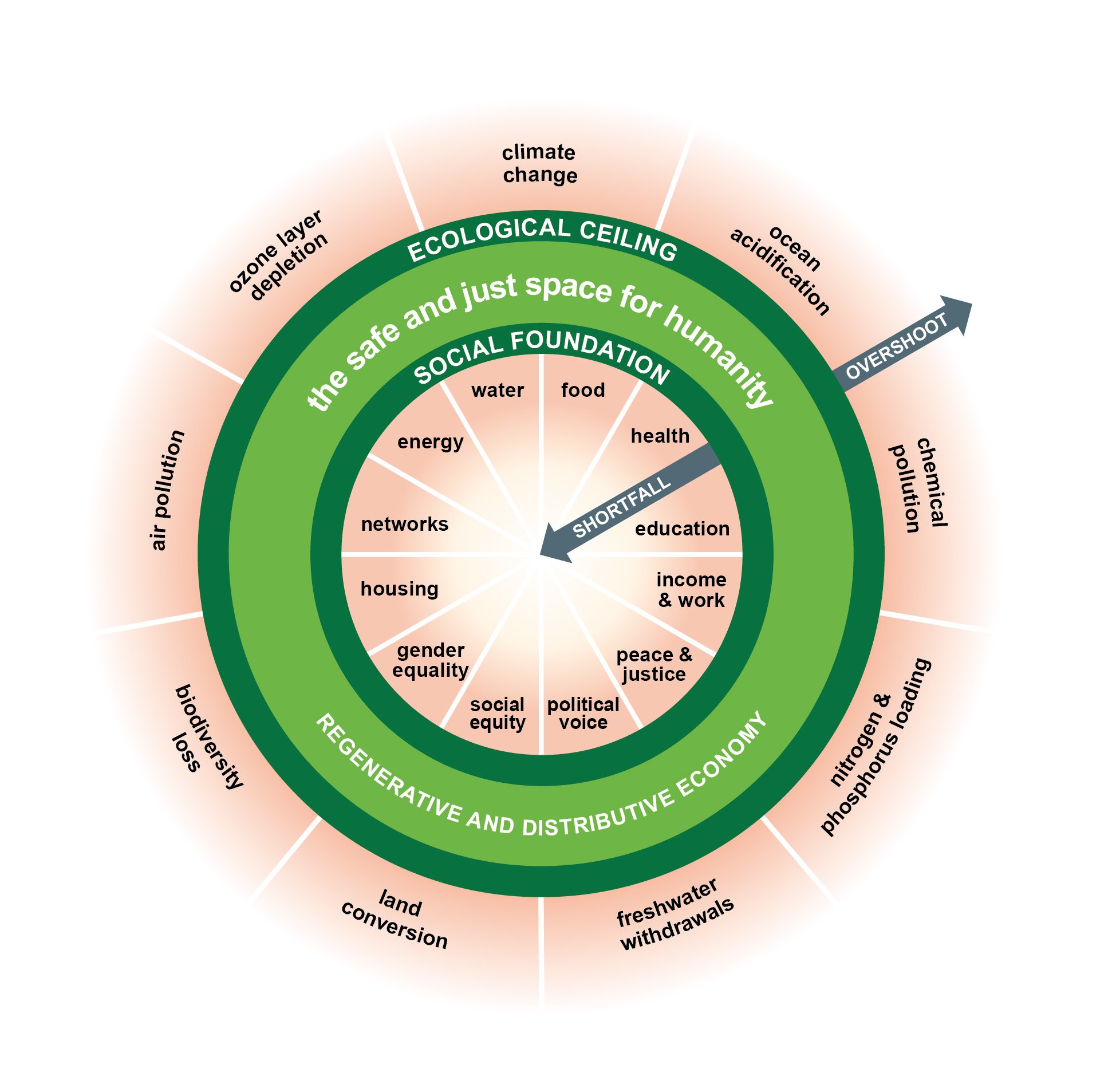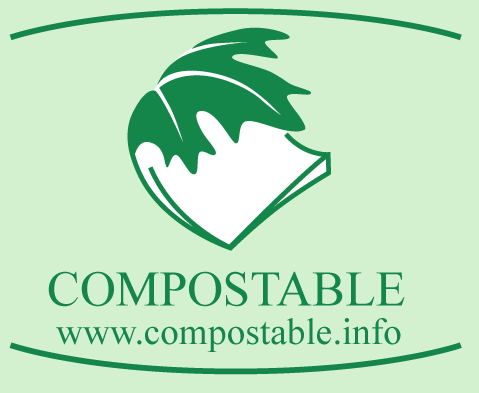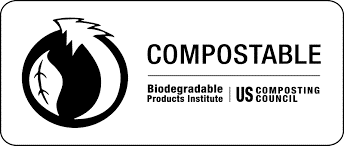What is a circular economy?
In our current system, we take materials from the Earth, make products from them, and eventually throw them away as waste – the process is linear. Often this linear economic model is referred to as a “take-make-waste” system.
In a circular economy, we stop waste being produced in the first place and nature is regenerated through processes like maintenance, reuse, refurbishment, remanufacture, recycling, and composting.
Image from http://reflow.circular.academy/
The circular economy is based on three principles, driven by design:
What is a doughnut economy?
Circular economy and doughnut economy are two different but complementary models of how economies can be reformed. They both share a common concern for accounting for nature and well-being in economic decision-making, but they have different focuses and scopes.
Doughnut economy is a framework for sustainable development that was proposed by Kate Raworth, an economist and author. The doughnut model is a simple but powerful visual tool that shows the minimum and maximum boundaries that humanity needs to respect in order to thrive.
Another way to think of it…
You have likely heard of the 3R Framework (Reduce, Reuse, Recycle) developed for the 2008 Circular Economy Promotion Law of the People’s Republic of China.
The extended 9R Framework is a more nuanced understanding of Circular Economy process. It includes the previous R’s and adds to them. Within this 9R Framework, there is a hierarchy or ranking of the various Rs in the R Framework, with Refuse being the most desirable or first solution and Recover being the least desirable or last solution:
Refuse: How can we make a product redundant by abandoning its function or offering the same function in a different product?
Rethink: How can we make the product’s use more intensive? For example, sharing a product or product as a service?
Reduce: How can we increase efficiency in manufacturing and use so that we consume fewer natural resources and materials?
Reuse: How can we find new users or owners of products that are still in good condition? For example, the sale of secondhand goods.
Repair: How can we repair and maintain products to prolong the original functionality?
Refurbish: How can we restore old products and bring them up-to-date?
Remanufacture: How can we use parts of discarded products in the manufacturing of new products with the same function?
Repurpose: How can we use the discarded product or its parts in a new product with a different function?
Recycle: How can we process the products to obtain the same or lower grade quality materials?
Recover: As a last resort, how can we incinerate the product for energy recovery?
Indigenous perspectives on Circular Economy
“Circularity has been a way of life for millennia for Indigenous peoples worldwide. The practice of crop rotation, sustainable hunting and gathering practices along with recycling has long been a part of our traditional way of life. A circular economy has never been a detached concept, but rather a complete way of life. The natural world, now commonly referred to as the “environment”, is not viewed as a separate entity but one, interconnected aspect of the whole.” - Star Horn, Kanien'kehá:ka artist
How to participate in a more Circular Bow Valley
There are many ways to participate in a circular economy in the Bow Valley. Here are some examples:
SHARE
Biosphere Institute has a tool lending library including fruit pickers and energy efficient equipment.
Canmore Library of Things: Toys, games, puzzles, kits and more are available to rent through your Canmore Library membership.
Banff Library of Things: Free to all Banff and ID9 residents to borrow a variety of rarely-used, expensive, or hard-to-find items. Open M-F 10am-6pm, weekends 11-5, donations needed.
Banff Sports Equipment Lending Program: Available at the Fenlands for a variety of sports and activities for Banff residents.
REPAIR
The Outdoor Gear Doctor specializes in clothing and gear repair.
Kumpfy Shoes is the Bow Valley's only shoe repair service.
REUSE
Canmore Public Library hosts clothing swap-o-rama events! Check out their events page for details.
See ideas for places to reuse items here.
Curious to learn more? Explore the map below to find more examples of circular economy in the Bow Valley!
Banff’s First Share and Repair Fair
On Sunday, October 20, 2024, the Biosphere Institute of the Bow Valley and the Town of Banff hosted its first Share and Repair Fair. We convened sixteen local organizations and businesses across the Bow Valley, and over 200+ community member attended to share, connect and learn about how we can all contribute to a circular economy in Banff.
“It was so amazing meeting all the vendors and learning about the great work everyone does! Thank you for putting on such an amazing event.
”
“I woke up feeling so bleh that morning and disconnected from my community. At the Share and Repair Fair, I felt re-connected with like-minded people and my community!”
HIGHLIGHT: Banff Borrows Reusable Cup Program
Banff is a National Park community looking to achieve a destination-coordinated approach to reusables. As a Banff resident or visitor, be a part of the solution by participating in our reusable cup program.
Waste is a big issue. Why start with cups?
Did you know…
-
Did you know...
☕ Throughout the world, 1 million single-use coffee cups are sent to the landfill every minute?
-
☕ In Canada, we discard over 1.5 billion disposable hot drink cups annually.
-
☕ In Banff, a 2023 waste audit found 1,000+ coffee cups in the public waste bins within a two block radius of Banff Avenue in high season in one day!
A stainless steel Muuse reusable cup is high quality, sleek and totally free to borrow.
Be a part of the solution.
Banff is trialling a Reuse Platform called Muuse that manages the borrowing and returning of reusable cups. When you sign up your business, customers can borrow a reusable cup program by following these simple steps:
FAQs
Why isn’t compostable food ware the best option?
Municipal compost systems are designed to turn food scraps into usable, high-quality compost – NOT as a means to dispose of single-use take-away items. While fiber-based and plastic certified compostable food ware ARE accepted in both Banff and Canmore’s municipal waste streams, these materials do not add value to compost. Plastic compostable food ware simply breaks down into carbon dioxide and water in the composting process.
Another problem is when people put items in the wrong bins, this causes contamination, which can cause costly problems for waste operations. For instance, compostable plastic is commonly put into the recycling bin but it has to be pulled out on the sort line and thrown away as garbage.
Certified compostable food ware must have one of the two logos to be accepted in Banff and Canmore’s food waste bins. (Beware of materials labelled “biodegradable” or that do not have one of the two logos below - these items belong in the garbage.)
Learn more
To learn more, explore the following helpful resources:
Muuse - Muuse is like the library for reusable packaging - users can borrow items for up to 30 days and return to any participating location.
A Report on Banff’s Reusable Program (Habitus Collective): The purpose of this report is to share key learnings from research and engagements to support a shift towards reusable take-out cups in Banff. It is based on the understanding that any approach to implementing reusable take-out cups in Banff should be appropriate for scaling other single-use food items. Click below to read the full report:
Town of Banff Zero Waste Trail: Banff has a goal to eliminate all waste going to landfill by 2050. We look forward to seeing you on the Zero Waste Trail. Set your household or business waste loss goal for the year and become a Zero Waste Trailblazer! Click below to learn more.
The Reusies: The Reusies Community of the Year award honors community groups, coalitions, student groups, nonprofits, and NGOs working to make reuse a reality in their communities. In 2023, Town of Banff won an award alongside grassroots partners who developed a Single-Use Item Reduction Strategy & Bylaw. Banff aims to be a community where there are “no takeaway only businesses” which they see as a strong message to send to visitors from around the globe. Click below to read more.
Lead Tourism for Good: Together with the wider community, Banff & Lake Louise Tourism and the Town of Banff, in partnership with Parks Canada, have developed a 10-Year Vision for Tourism for the destination. The Vision serves as a guidepost as we collectively develop our approach to tourism in Banff National Park towards 2032 and beyond. The document itself addresses environmental sustainability, community wellbeing, cultural integrity, and economic prosperity. The Vision is intended to complement other long-range plans; such as the Parks Management Plan and municipal plans. Click below to learn more.












